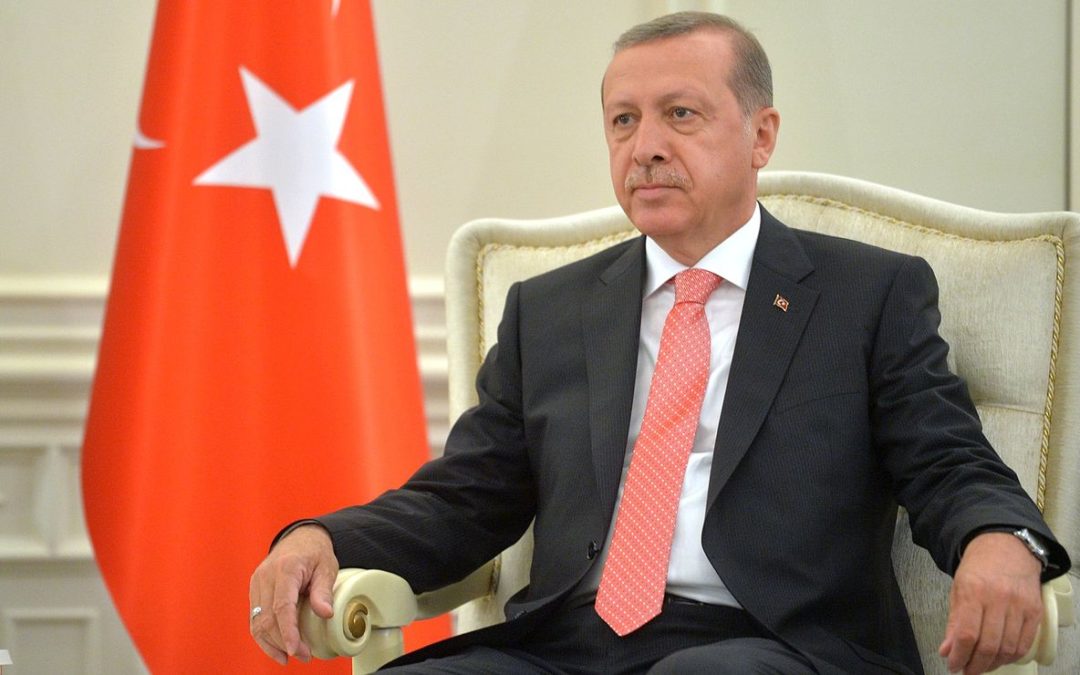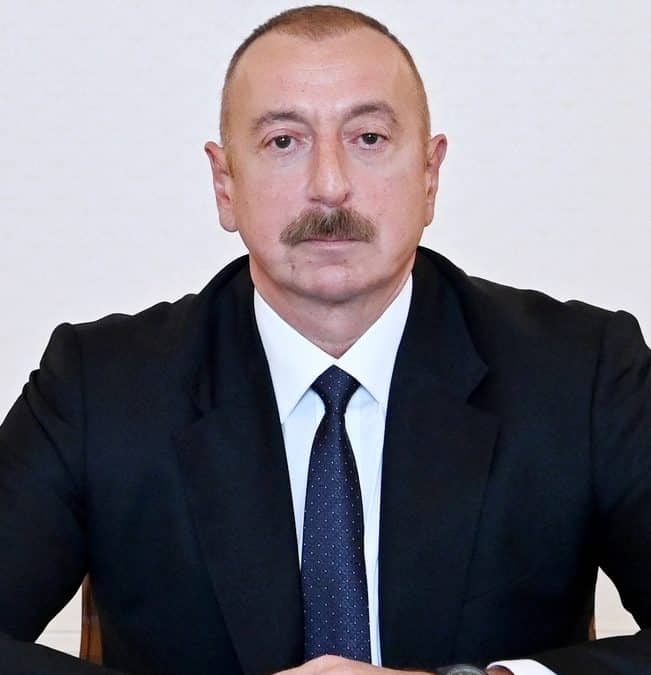The news of an ISIS leader elimination, Abu Ibrahim al-Quraishi, by the U.S. forces in Syria’s Idlib went around the whole world last month. On the night between Wednesday February 9 to Thursday February 10, American commandos had airdropped from helicopters in the town of Atmeh that located near the Turkish border, and then they stormed a house, where allegedly the Daesh’s boss was hiding. Al-Quraishi blew himself up during the erupted clashes. According to the White Helmets, thirteen people were also killed in the explosion, including four children and three women. It is worth noting...













